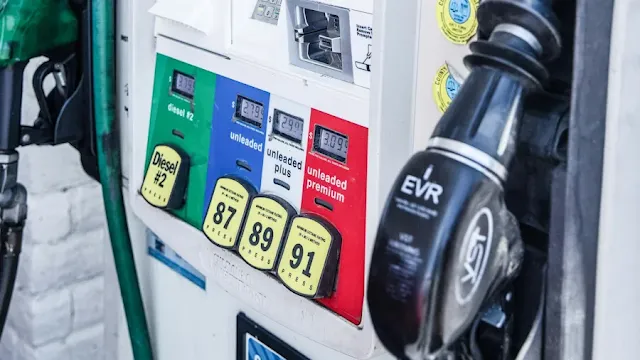Choosing the right type of gasoline for your car can impact its performance, efficiency, and longevity. Understanding the differences between regular and premium gas is crucial in making the best choice for your vehicle.
Should I Use Regular or Premium Gas?
The type of gas you should use primarily depends on your vehicle's manufacturer recommendations. Most cars are designed to run on regular gasoline and will not benefit from using premium. However, if your vehicle is designed for premium gas, using it is crucial to optimize performance and prevent potential engine damage that could occur from using lower octane fuel.
Understanding Gasoline Types and Octane Ratings
Gasoline is classified by octane ratings:
- Regular Gasoline: Typically has an octane rating of 87. It's suitable for most vehicles and provides adequate performance without unnecessary cost.
- Midgrade Gasoline: Usually rated between 89–90 octane. It was intended as a middle ground but is not necessary for most vehicles unless specified by the manufacturer.
- Premium Gasoline: Has the highest octane rating, usually between 91–94. It's essential for high-performance engines that operate under higher pressures, which benefit from the fuel’s higher resistance to knocking and detonation.
What Happens If You Use the Wrong Type of Gas?
Using regular gas in a car that requires premium can lead to a reduction in performance and can harm the engine over time due to knocking and pre-detonation. On the other hand, filling a regular-gas engine with premium provides no added benefit and can be an unnecessary expense.
Why Do Some Cars Require Premium Gas?
Cars that require premium gas usually have high compression ratios or turbochargers that benefit from the higher octane's ability to withstand intense engine pressures without igniting prematurely. This allows the engine to operate more efficiently and produce more power. Using premium gas in such engines leads to better acceleration and overall performance.
Regional Variations in Octane Ratings
In most parts of the United States, 87 octane is considered "regular" gasoline. However, in states like Colorado, Utah, and Wyoming, "regular" gasoline can start as low as 85 octane due to different atmospheric pressures at higher altitudes, making 87 octane "mid-grade" in these regions.
Always adhere to your vehicle manufacturer’s recommendations when selecting gasoline. Engineers design engines with specific types of fuel in mind to maximize performance and durability. If your car is designed to use regular gas, there's no advantage in using premium. Conversely, if your car requires premium gas, using it is essential for maintaining its performance and preventing damage. Remember, using the correct type of fuel is not just about following guidelines but about ensuring the optimal function and longevity of your car’s engine.





No comments:
Post a Comment